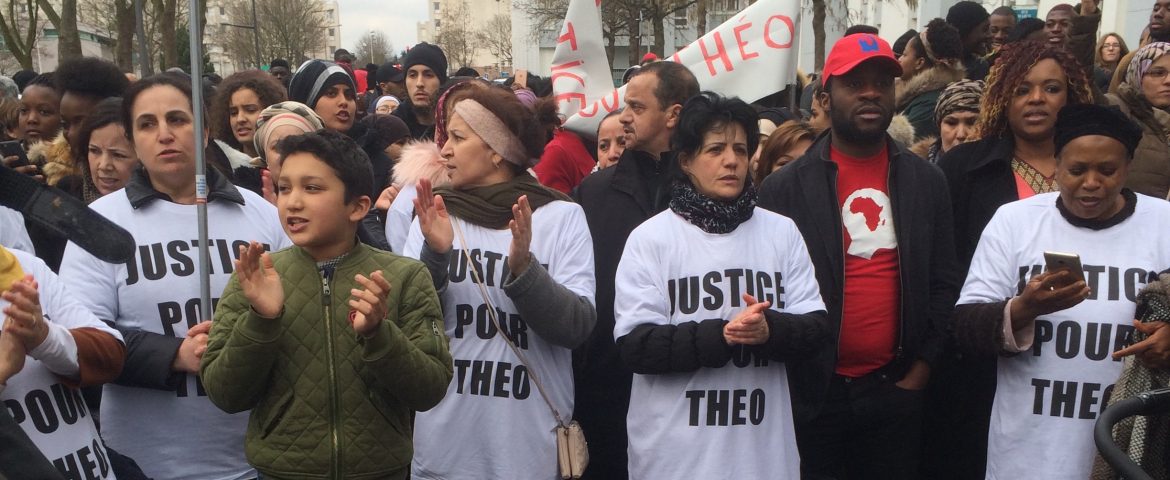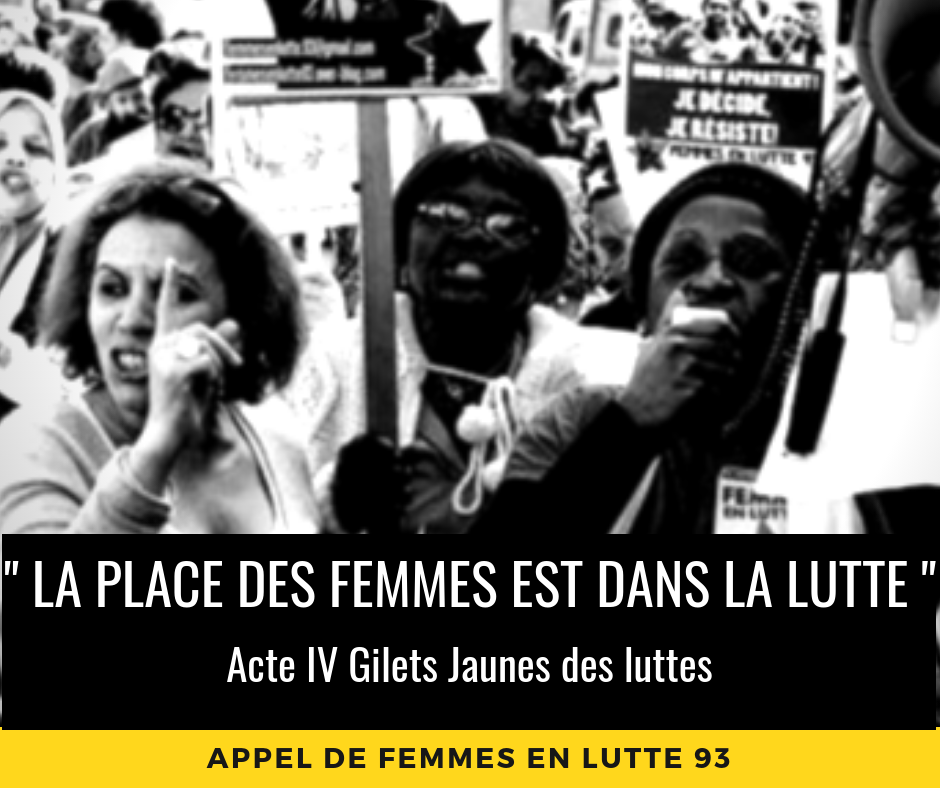
Europe has been thrown into disarray for the past several weeks. In France, the Yellow Vests Protests, at first protesting their objection to Macron’s gas tax– a step in the right direction to combat climate change – have now risen to address the needs of poor working-class families, including calls for higher wages, lower taxes, better pensions and easier university entry requirements. While the protests may be co-opted by far-right leaders, especially at the behest of climate-change deniers in large corporations that are to blame for CO2 emissions, Macron’s austerity measures laid the foundation for the Yellow Vests. The gas tax was that straw that broke the camel’s back.
President Macron, a centrist millionaire who has no understanding of the struggles of the working class in France, came into power — thankfully ousting far-right candidate Marie La Pen — “vowing to face down protestors and drive through long-postponed economic reforms.” His policy reforms were the austerity measures that are sweeping across the globe as capitalist elites consolidate power and wealth and working-class families pay the price.
In his 18 months in office, Macron has reduced the power of the unions in workplace relations, ending the special benefits enjoyed by railway workers, and made it easier for companies to hire and fire staff. He ended the wealth tax on all assets from property — a whopping 70% cut in the tax for France’s millionaires: “It was meant to boost investment in the economy, but it was seen by many poorer voters as further proof that this former banker-turned-president was still primarily a friend of business, not of the squeezed working and middle class.” The biggest winners of the tax cut has been the richest 1% in France.
The protests have largely moved hard-left, as demonstrators demand more funding for social programs. It remains to be seen whether far-right leaders will capitalize on the protests for their own gain. Given how close La Pen was to winning in the previous election, it remains to be seen if the shift of economic blame would push on La Pen’s anti-migrant and racist undertones. For now, however, it seems that the anger is at the political elite, who have largely ignored the sufferings of the working-class.
What does this mean for climate change? Attempting to lower CO2 emissions is essential in combating the damaging effects of the planet’s rising temperatures. At the same time, it is necessary that we understand the ways in which capitalism is the driving force of the rise of carbon emissions. The report issued by the United Nations scientific panel on climate change points to the rectification that “requires transforming the world economy within just a few years … Capitalism’s legacy is climate change. It’s logically impossible to claim that capitalism is a sustainable economic system and that climate change is real. Asserting both is the definition of trying to have your cake and eat it too. There is no debate as to who is to blame for climate change. Our economic masters have chosen to accumulate as much money as possibly while spending a sizable chunk on propaganda telling you that the certainty scientists have on this topic is actually just some big liberal hoax perpetrated by Al Gore.”
The fight for the working-class and for the environment are inherently linked — alongside women’s demand for equality, because women will be damaged the worst by the climate change. The struggles for working class power, women’s power and the environment together require a struggle to end the economic system of capitalism before it consumes all the world’s resources and destroys the earth that we need to survive. Macron’s gas tax will not effectively change the problem. The forces of corporations that destroy the environment are the true culprit of climate change. We must demand and force their end, because if the world is irreparably damaged, if we are all on this sinking ship together, then the capitalists had best worry, not about their bottom line but rather the cliff the global proletariat will through them off of. A specter haunts the environment …
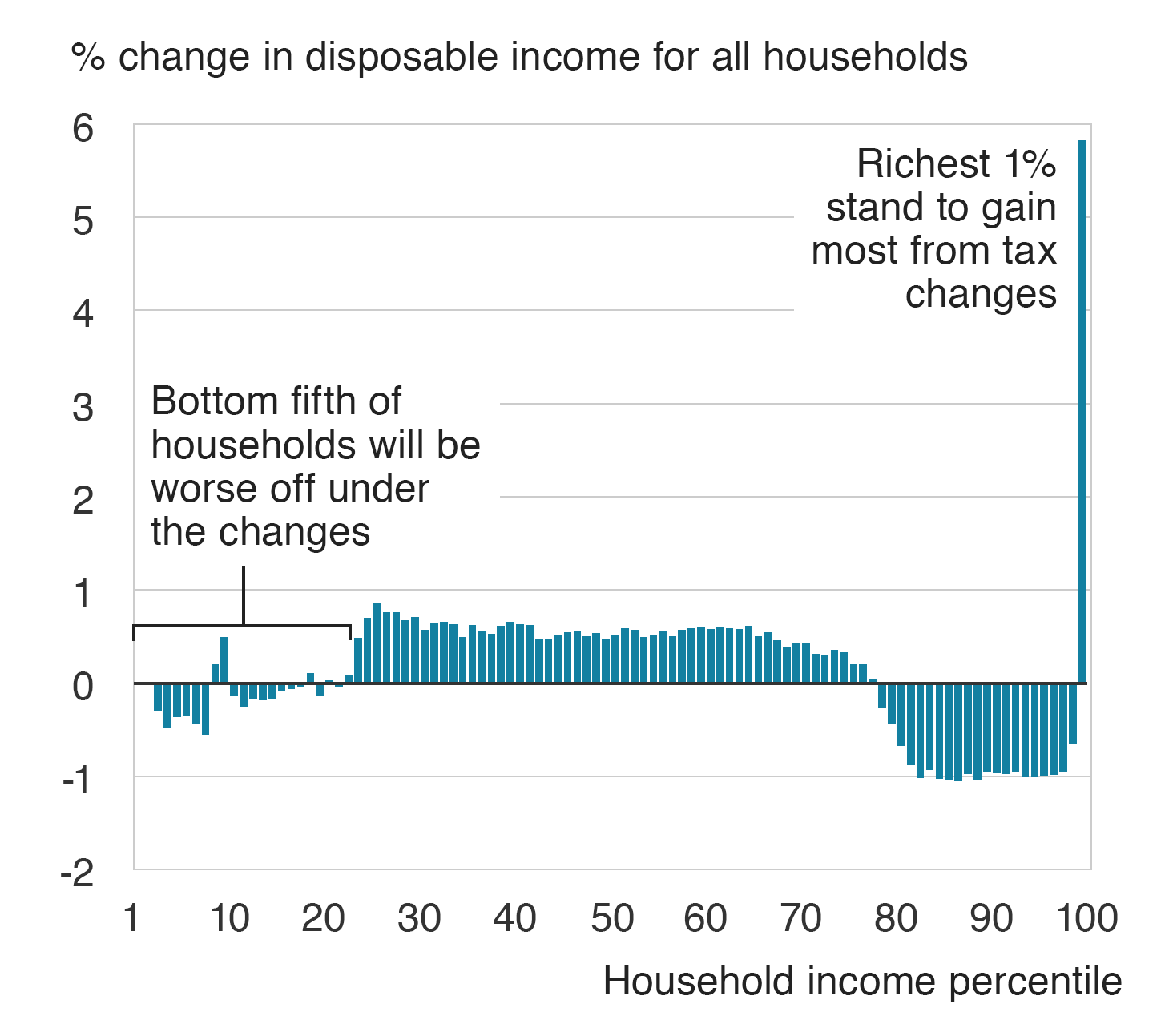
(Image Credit: Femmes en Lutte 93) (Infographic Credit: BBC)
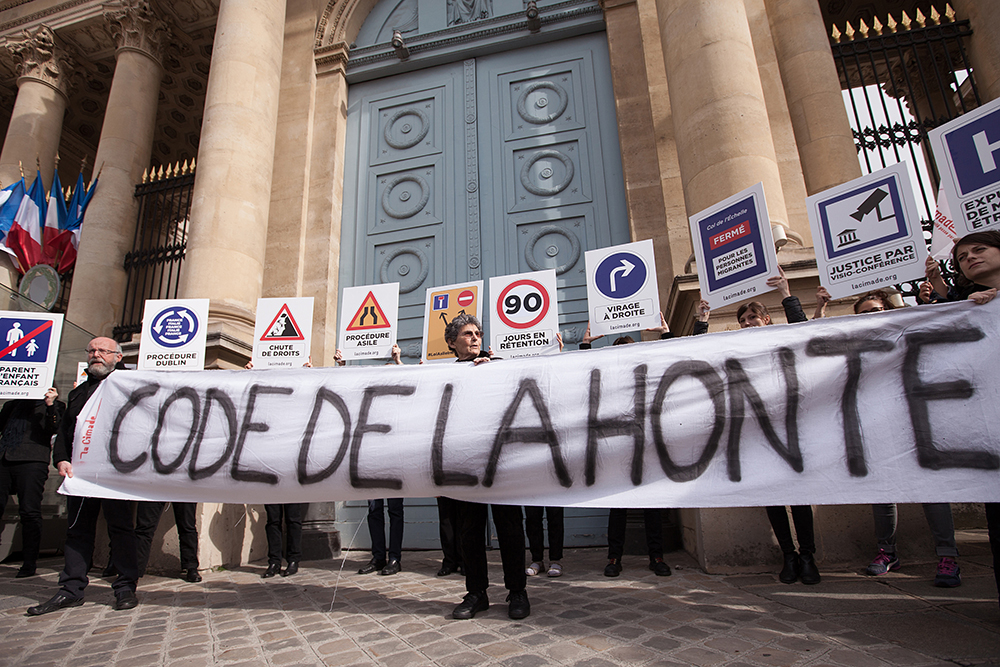





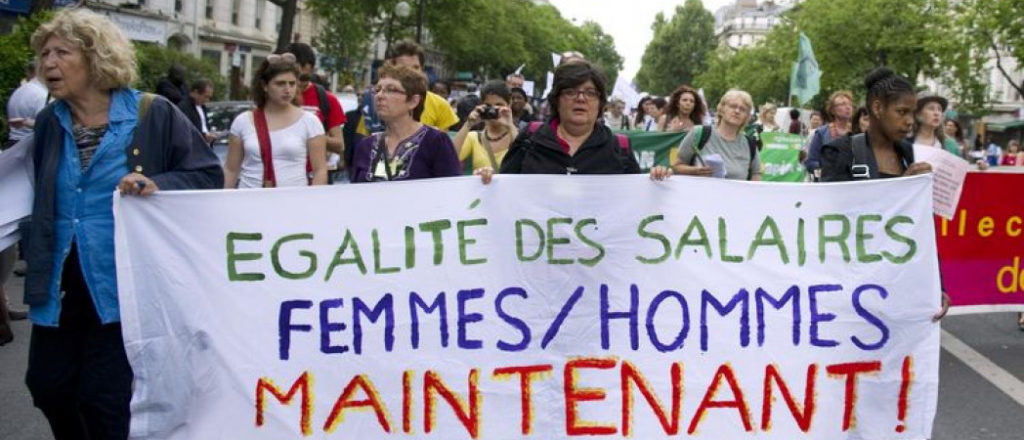
 In France, feminists and humanists are mourning Simone Veil, the emblematic woman who in 1975 presented and defended her abortion bill in the almost exclusively masculine French parliament.
In France, feminists and humanists are mourning Simone Veil, the emblematic woman who in 1975 presented and defended her abortion bill in the almost exclusively masculine French parliament.
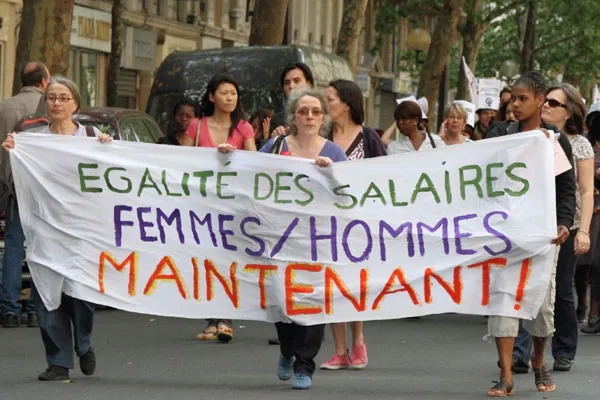 ’s first position in government was as Minister of Women’s Rights, in Francois Hollande’s administration. She became only the second Minister of Women’s Rights ever in France. The first, Yvette Roudy, served under President Mitterrand in the 1980s. Najat Vallaud Belkacem became the first woman Minister of National Education, her current position. We met her in her office to discuss what has to be defended and improved in the realm of gender equality and women’s rights in this period of electoral uncertainty.
’s first position in government was as Minister of Women’s Rights, in Francois Hollande’s administration. She became only the second Minister of Women’s Rights ever in France. The first, Yvette Roudy, served under President Mitterrand in the 1980s. Najat Vallaud Belkacem became the first woman Minister of National Education, her current position. We met her in her office to discuss what has to be defended and improved in the realm of gender equality and women’s rights in this period of electoral uncertainty.
